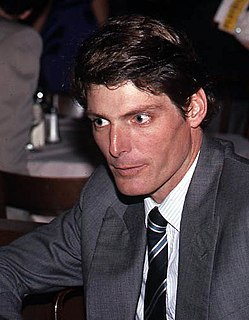A Quote by China Mieville
I do, however, feel reasonably strongly the sense that the job of a piece of argumentative scholarly non-fiction is not the same as the job of a piece of fiction.
Related Quotes
Directing is a reactionary job more than a creation job. The job is to react whether it's moment one, the first time you read the script or see an article or read a book or notice something happen on the street and have an idea for a movie, and it just continues from there on in. You're just reacting to dialogue, a performance, an audition, a headache, a piece of furniture, a piece of clothing.
The strange and wonderful Book of Job treats of the same subject as we are discussing; its contents are a fiction, conceived for the purpose of explaining the different opinions which people hold on Divine Providence. ...This fiction, however, is in so far different from other fictions that it includes profound ideas and great mysteries, removes great doubts, and reveals the most important truths. I will discuss it as fully as possible; and I will also tell you the words of our Sages that suggested to me the explanation of this great poem.






































